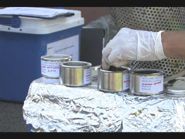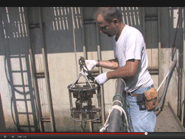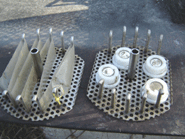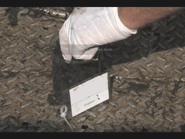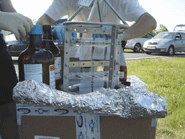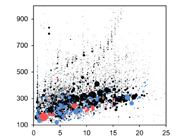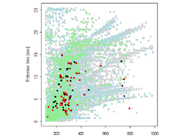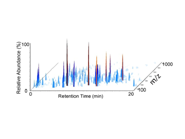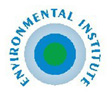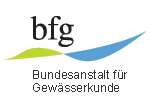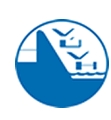You are here
Working Group 8: Marine environment
 Focus
Focus
Marine environment is the environmental compartment that has received little attention regarding contaminants of emerging concern by the scientific community. Even though the occurrence of contaminants in the territorial aquatic environments is generally well-documented for inland waters in developed countries, little is known about the occurrence, fate, synergistic and additive effects, metabolism and dispersion, and bioaccumulation of contaminants in the marine environment. Especially limited information and knowledge exists for the occurrence of contaminants in the open seas. This observation is valid even for well-studied compounds in other environmental compartments such as carbamazepine.
It is a fact that a large proportion of the global population now live in coastal zone which experiences intense pressure due to the presence of various groups of emerging contaminants in their seawaters. Moreover, the marine environment receives pressures from many activities such as the shipping industry, wastewater effluents, aquaculture, agricultural activities, landfills, harbors, naval military bases and offshore platforms for drilling oil and gas among others.
Although the concentration levels of contaminants in the environment is as low as μg L-1 to few ng L-1, their physico-chemical properties and their continuous input to the sea by various sources, may eventually result in chronic effects affecting the most sensitive species of the marine ecosystems. The continuous input of contaminants in seawater may not only increase the possibility of bioaccumulation and biomagnification of pharmaceuticals in marine organisms, but also trigger undesirable effects on nontarget organisms.
Therefore, NORMAN Association decided to form a separate working group on the Marine environment with the following objectives:
- Study the occurrence of contaminants of emerging concern in the marine environment (sea, marine sediments, biota, etc.) and generate data where missing;
- Execute well-designed and coordinated sampling campaigns and establishment of regular monitoring programs in both territorial waters and open sea areas;
- Identify the sources of contaminants in the marine environment and model their contribution to the overall contamination;
- Develop novel sampling methods, instrumental analytical strategies, protection and restoration actions;
- Tackle the challenges and design the future actions so that the good environmental status of the marine waters is maintained.
Contact: Fiona Regan, Brendan McHugh, Chloe Martin
